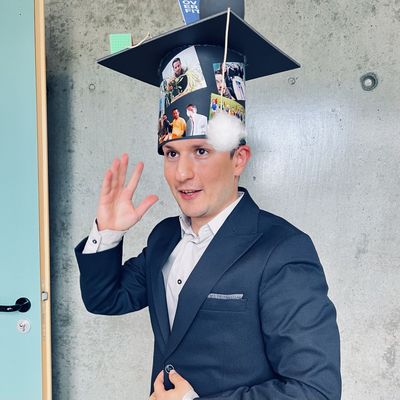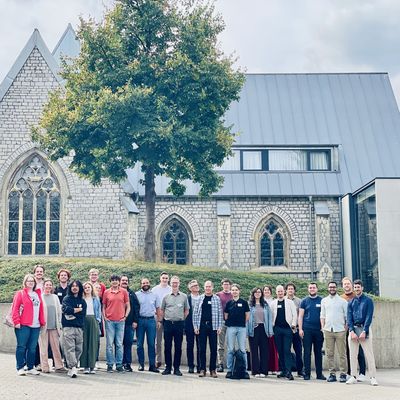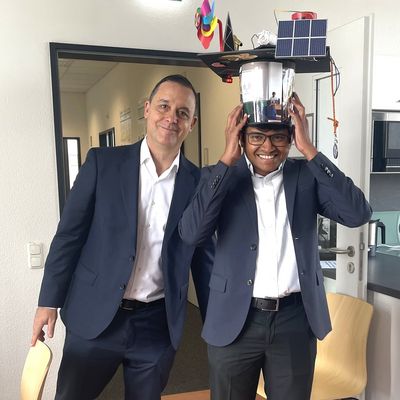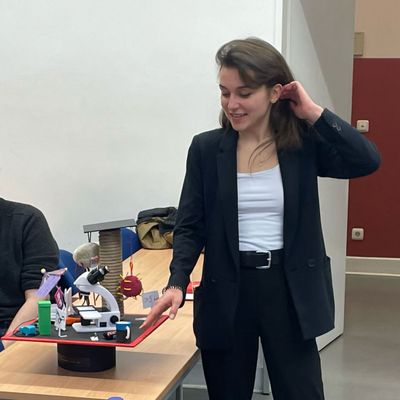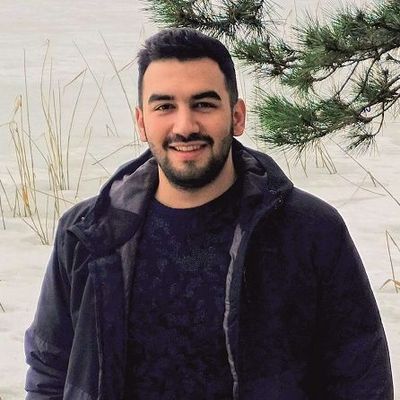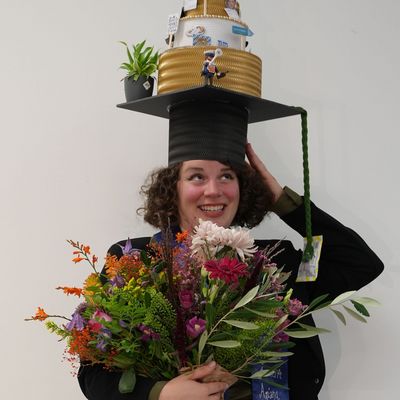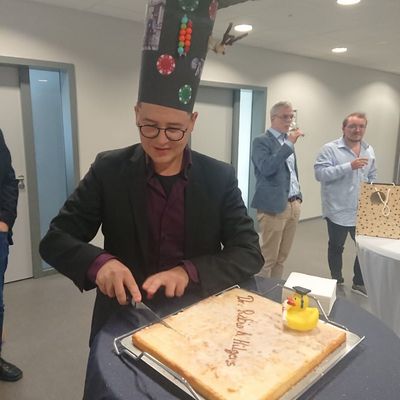First Hackathon „Quantum Computational Science and Engineering”
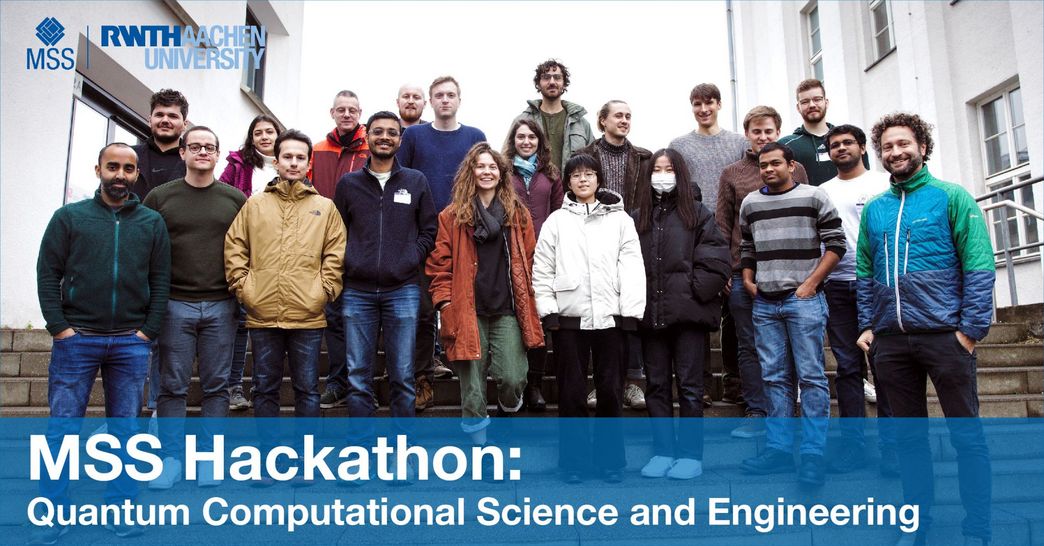
The "Quantum Computational Science and Engineering" hackathon took place for the first time as part of the MSS profile area and JARA CSD. PhD students were given the opportunity to use the Quantum Annealer JUPSI at the FZJ as part of small projects. The results are very promising.
As part of the "Quantum Computational Science and Engineering" hackathon, which took place from November 24-26, 2023 at RWTH Aachen University, doctoral students from the field of computational engineering and/or quantum algorithms were able to explore potential applications of quantum computers for solving engineering problems. Therefore, experts from Delft University of Technology, RWTH Aachen University and Forschungszentrum Jülich joined forces to arrange an extensive program of lectures, practical workshops and group discussions. After the introduction to the application of the Quantum Annealer JUPSI at FZJ, the participants worked on various tasks in small groups, focusing on exploring novel quantum technologies for computational engineering applications. One example is the "Bin Packing Problem", which results were presented at the JARA CSD workshop. Both the participants and the organizers were delighted with the results achieved over the weekend.
The hackathon was supported by JARA CSD, the RWTH profile area Modeling and Simulation Sciences (MSS), International Research Training Group IRTG 2379 Modern Inverse Problems, Helmholtz School for Data Science in Life, Earth and Energy (HDS-LEE), and the European Center of Excellence in Exascale Computing RAISE led by Forschungszentrum Jülich. Access to JUPSI was supported and sponsored by the Jülich UNified Infrastructure for Quantum computing (JUNIQ).
Main organizers were Dr.-Ing. Norbert Hosters (RWTH Aachen University), Prof. Julia Kowalski (RWTH Aachen University), Prof. Matthias Möller (TU Delft), Dr.-Ing. Andreas Lintermann (FZ Jülich) and Dr. Rakesh Sarma (FZ Jülich).


